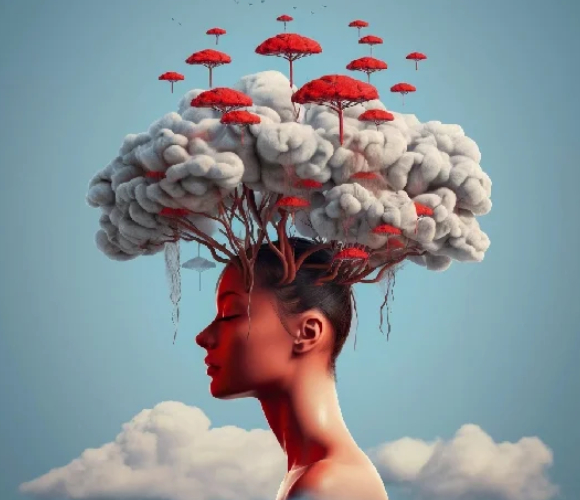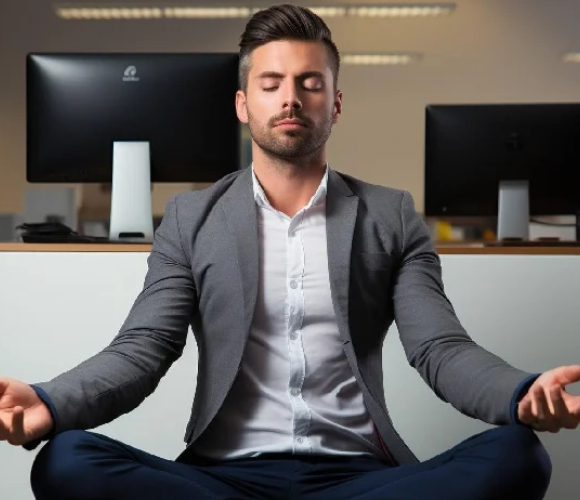Overcoming Addictions
Overcoming Addictions: Integrative Therapies for Holistic Healing

Addictions, whether to substances or behaviours, often stem from deeper emotional and psychological issues such as low self-esteem, emotional voids, and negative thought patterns. Addressing these underlying factors is crucial for effective and sustainable recovery. Therapies tailored for Low Self-Esteem, Mental Reprogramming, Void Therapy, and Energy Work provide a comprehensive approach to overcoming addiction. These therapies aim to rebuild self-worth, transform negative mindsets, fill emotional gaps, and rebalance energy levels, addressing the root causes of addictive behaviours and paving the way for lasting change and recovery.
Therapy for Low Self-Esteem in Addiction
Rebuilding Self-Worth to Combat Addiction
Therapy for Low Self-Esteem is crucial in addiction treatment as it addresses one of the core issues that often lead to addictive behaviours. This therapy focuses on identifying and challenging negative beliefs about oneself, fostering a healthier self-image, and building confidence.
Techniques can include cognitive-behavioural therapy, affirmations, and self-compassion exercises. By improving self-esteem, individuals are better equipped to resist addictive tendencies and make positive life choices, laying a foundation for long-term recovery.
Reach Vanddna Bhargave for a personalised approach to your challenges.
Mental Reprogramming for Addiction
Mental Reprogramming in Addiction Recovery
Mental Reprogramming involves changing the deep-seated thought patterns and beliefs contributing to addiction. This can be achieved through hypnotherapy, neuro-linguistic programming (NLP), and mindfulness-based practices. The goal is to replace negative and self-destructive thoughts with positive, empowering beliefs.
This shift in mindset is essential for breaking the cycle of addiction and fostering a new perspective on life, one that supports sobriety and well-being.
Energy Work in Addiction Treatment
Balancing and Healing Energy for Addiction Recovery
Energy Work in addiction treatment encompasses a range of practices to balance and heal the body's energy systems. Techniques such as Reiki, acupuncture, and qigong can help release stored traumas, reduce stress, and promote emotional and physical well-being.
By aligning and harmonizing the body's energy, individuals can experience an improved sense of balance and inner peace, vital for overcoming addiction and sustaining recovery.
Low self-esteem can lead to addictive behaviours as individuals may turn to substances or harmful habits as a way to cope with feelings of inadequacy or self-criticism.
Mental reprogramming involves changing negative thought patterns and beliefs that contribute to addiction, fostering a more positive and healthy mindset conducive to recovery.
Yes, emotional voids or unmet emotional needs can lead to addictive behaviours as individuals seek to fill these voids with substances or compulsive behaviours.
Energy work helps to balance the body’s energy systems, reduce stress, and release emotional blockages, supporting overall well-being and recovery from addiction.
Therapy can be effective for a wide range of addictions, though the approach may vary depending on the type of addiction and individual needs.
The time frame varies depending on the severity of the addiction, the individual’s commitment to recovery, and the specific therapies used.
While therapy can significantly aid in overcoming addiction, recovery is often a long-term process involving ongoing commitment and sometimes lifestyle changes.
Energy work is generally considered safe but should be performed by trained professionals and complemented by other treatment methods.
Starting recovery often involves acknowledging the problem, seeking professional help, and being open to exploring various therapeutic approaches for treatment.
Therapy can provide tools and coping strategies to reduce the risk of relapse, although it’s also essential to have ongoing support and a relapse prevention plan.
Support for families can include family therapy, support groups, and educational resources to understand better addiction and how to support their loved ones.
Combining other therapies can often provide a more comprehensive approach to addiction treatment, addressing various aspects of the individual’s needs.




